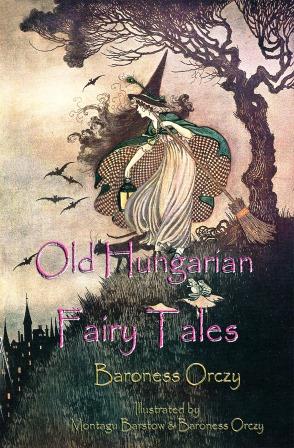In my little book is the shell of these stories told simply and in few words. Who was the originator of them? I do not think any one knows, for I have found in many instances the same incidents occurring in the fairy tales of most nations. A modified form of the vain fairy Narcissa is revived in "Little Snow White," and , if I mistake not, an incident similar to that in "The Twin Hunchbacks." But then again, who has ever traced the origin of all the proverbs and jokes that exist, and have existed for generations, in two score or more Eastern and Western, Latin, Teutonic, or Slavonic languages?
Old Hungarian legends, just like old Hungarian music, have to the national mind no palpable origin, though Jókay or Gaal have rewritten the former and Liszt or Brahms have familiarized the world with the latter. The following little collection has helped me in my childhood to pass many pleasant hours, so I now give them to my little English readers—embellished by many drawings—in the hope that they may derive as much pleasure from this little volume of magic and adventure as I did from my old torn copy of "Nepmesek."
IN a certain country there dwelt a prince whose name was Elkabo. He had a dear little daughter called Uletka, who was a most sweet child. She and her father lived quite alone in an old castle with four towers, that stood in a beautiful glade in the centre of a great forest.
Uletka was a most dainty and lovely little maid, her wings—she had wings, being related to a fairy—had grown quite strong, and glistened in the sunshine, reflecting all the colours of the rainbow. So sweet and graceful was little Uletka, that perhaps you would imagine she had no faults. Unfortunately she had one, which a wicked and revengeful fairy, who was offended with Nastia, her mother, had endowed her with, and this was the dreadful fault of Curiosity.
































